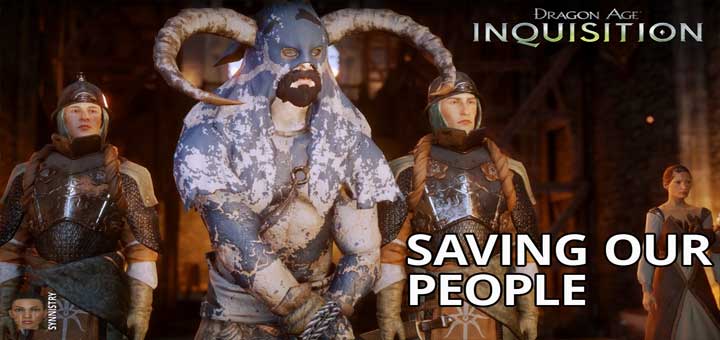The UK’s Online Safety Act (OSA) is forcing developers to look at their games in a completely new light. Any feature that lets players interact with one another now comes with regulatory baggage. Studios have to weigh compliance against creativity. For many, that’s causing some to delay adding social features or abandon them altogether.
What the Law Actually Requires
The Online Safety Act is aimed at protecting minors from harmful content. This includes exploitation, encouraging self-harm, terrorist material, and other illegal activity. The law doesn’t stop there. It applies to any product with user-to-user interaction, big or small. A four-person co-op team is held to the same standards as a big MMO. There’s no exemption, no scaling of requirements.
To comply, studios must show how they’ll mitigate risks. This can involve adding moderation systems or age verification. The law doesn’t force every game to add age gates, but it pressures them to do so. If your game has strangers talking to other strangers, regulators expect guardrails. However, there’s concerns about privacy since users have to submit personal information to third-party vendors.
Why Developers Are Holding Back
While the law is supposed to protect minors, it is causing studios to censor themselves. Some are delaying social features until their game is stable enough to handle the added tools needed to comply with the law. Others are scrapping them altogether, figuring that it’s safer not to connect strangers than to risk a fine. The ones who double down having social features are forced to pour time and money into additional measures to protect themselves legally.
It’s a strange position for creative teams to be in. Now, they have to be mindful of whether they should include the ideas rummaging in their heads. Developers aren’t just asking “will this be fun?” They’re asking “will this violate a law in a country we’re not even based in?” Storefronts like Steam will have to force one country of gamers to abide by a set of rules that don’t apply anywhere else in the world (for now at least).
The Global Trend Behind It
The Online Safety Act may only apply to the UK, but it’s part of a wider trend. The EU is considering adding similar rules. Australia and the US are floating their own versions. Platforms like Xbox, Roblox, and Steam are already including age checks. What’s happening in the UK looks like a test case for the rest of the world.
When Law Shapes Game Design
Not everyone in the gaming industry sees this as a disaster. Many studios already have robust community protections. Law firms advising developers argue that the real burden isn’t building new systems. It’s documenting what’s already there. For indie teams, that’s a problem. Every hour spent making sure they comply with the law is an additional burden to add to their expenses.
How much should governments dictate the shape of online interaction? Protecting kids online is an easy cause to rally behind. When laws force people to censor their ideas, we have to ask if safety is being pursued at the expense of creativity.
For now, developers will keep second-guessing their design decisions. The global gaming industry is being forced to change how they operate for the online safety act and it’s causing complications that reverberate far beyond the United Kingdom.
The UK’s Online Safety Act is reshaping how games are built. Whether you see it as protection or censorship, one thing is clear. The future of play will be designed by lawmakers alongside developers.






